
27 minute read
Special Charter Flights from India to Australia
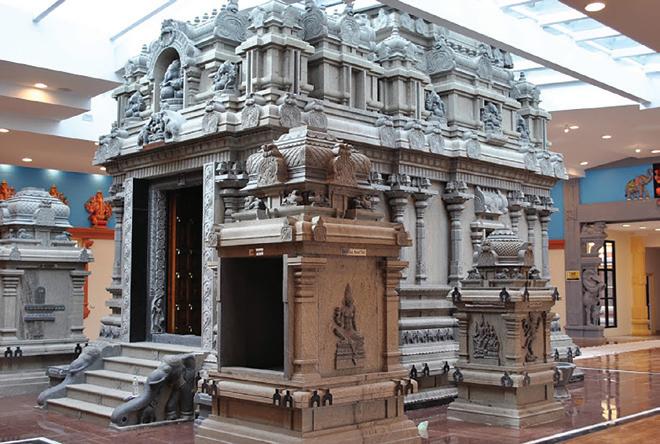

The carved stones were then packed in expensive silver oak wood to avoid pests and shipped to Melbourne. Once in Melbourne, specifically skilled stone masons were brought from India to assemble each stone to produce this magnificent temple.
Pulling off this project took almost two years, from selecting the temple architect to the final completion. This was done by the 15-member Management Committee of the Melbourne Vinayagar Hindu Sangam (MVHS) which runs the Sri Vakrathunda Vinayagar Temple. Specifically, highly-skilled project consultants, architects and engineers generously volunteered their time to bring this historic project together. The entire project, from fund raising to managing the various aspects of the running of the temple, is done by the Management Committee headed by the executive committee - Balaa Kandiah (President), Shan Pillai (Secretary) and Sivanathan Thamboo (Treasurer).
A Brief Look into the Temple History
The Sri Vakrathunda Vinayagar Temple in The Basin was first conceived in 1989, when a breakaway group moved away from the Hindu Society of Victoria, frustrated at the slow progress in the development of a Ganesha temple. The Melbourne Vinayagar Hindu Sangam was founded, and a pro-tem committee was formed with trustees, members, and volunteers, and with donated funds, the process of building the temple began in 1990. When pro-tem committee member Shan Pillai and his wife went to India to source a deity blessed by the Kanchi Shankaracharya Swamigal, they could not find one. They paid a visit to the Shankaracharya Swamigal regardless and were pleasantly surprised when he offered them a deity. It was the first of many miracles they encountered. The deity was named Vakrathunda Vinayagar and brought back to Melbourne, and lived in the home of trustee S. Somasundaram until the temple was built. The deity was taken to a community hall every month for worship. On 20th April 1990, the Management Committee successfully purchased a plot of land at The Basin in Melbourne’s eastern suburbs. The site had formerly housed the disused St. Mary’s Anglican Church. The foundation stone for the Sri Vakrathunda Vinayagar Temple was laid in 1991. The first brick was blessed by Sri Jayendra Saraswathi Swamigal and flown from Kancheepuram to Melbourne, and laid in November 1991. The temple building was completed in 1992 with its Consecration held on 11th October 1992, making it the first Traditional Hindu temple in Victoria. The second Consecration was done on 17th June 2007 when a Raja gopuram was built partly in granite and extensive renovations including shrines for Durga and Murugan were completed. Sri Vakrathunda Vinayagar Temple is also the first temple, and continues to be the only temple, that takes the Thaer (Chariot) out in the streets of Melbourne. The Temple also participates in community events in the City of Knox such as the Knox Global Cooking Show, provides about 20,000 free meals a year and contributes to The Salvation Army Appeal. In 2020, the temple was given $500,000 by the Victorian government as part of its multicultural infrastructure fund. The third Consecration will see the Temple become the largest granite Hindu temple in the Southern Hemisphere with all its 11 shrines in granite, intricately carved by hand, inspired by the great Chola temples of India and permanently transforming the multicultural landscape of Melbourne.

Students Got Talent 2021 , Adelaide
International Students Entertain Audiences Worldwide from Her Majesty’s Theatre
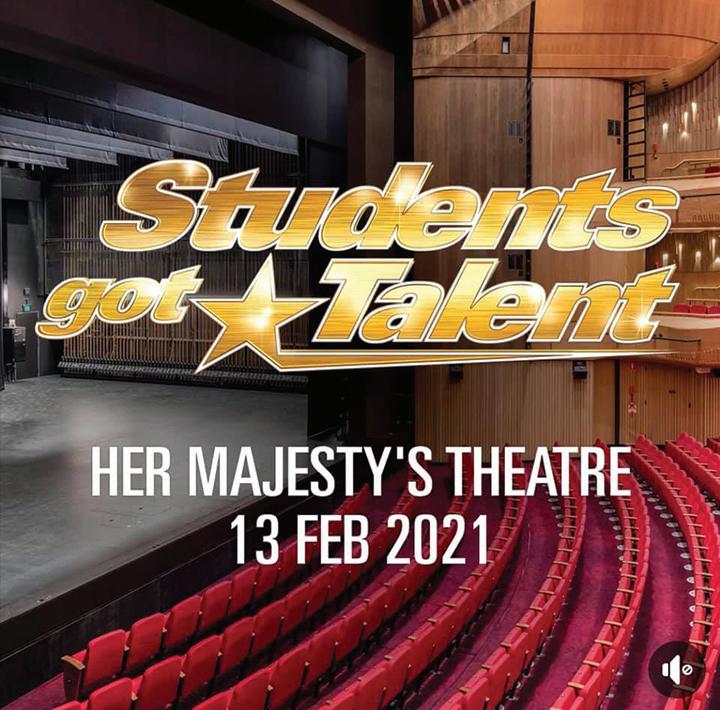
Daljeet Bakshi
South Australia is known as Festival state of Australia and the capital city Adelaide hosts major events throughout the year . Though due to Covid 19 restrictions ,last year major events couldn’t happen but small events with small numbers and some events were able to make it through virtual platform . With the lifting of restrictions , now the events with public attendance are allowed with capped numbers and line up of events like Chinatown Lunar new Year street party , Fringe and Womad are going ahead .
Adelaide Festival Centre hosted its first of the kind “Students got talent” competition in Adelaide at Her Majesty’s Theatre. Adelaide Festival Centre is celebrating the success of Students Got Talent and its winners who were crowned on Saturday 13 February at Her Majesty’s Theatre.
A sensational evening of quality performance of the diverse, musical and talented students we have right here in Adelaide.
Jason Chong, Adelaide comedian Hosted the event , the 11 finalists performed to a full house of more than 900 ticketholders at Her Majesty’s Theatre. The livestream on Adelaide Festival Centre’s Facebook page and Channel 44’s website attracted more than 7,000 online audience members and engagement from international viewers from countries including Indonesia, Philippines, Vietnam, India, Malaysia and China.
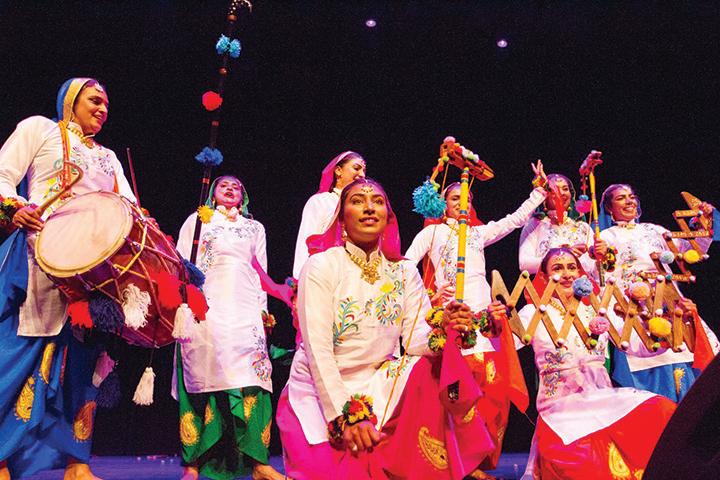
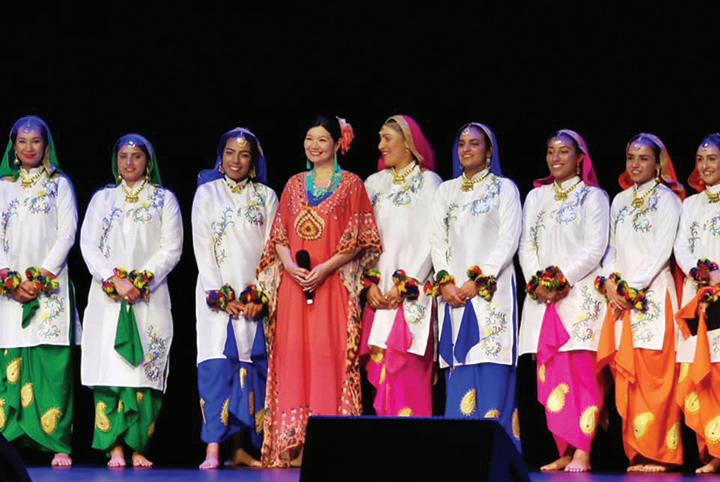
The judges for the event were Hon Jing Lee MLC , Assitant Minister to the Premier , Susannah Sweeney, Adelaide Festival Centre producer ,Creative Producer - DreamBIG Festival , Elsy Wameyo, award winning SA Singer-songwriter , Bruce Djite, International Football Star, Director of Football, Adelaide United.
First place and $5,000 in prize money was awarded to 19-year-old singer Estée Kitingan – the Malaysian-born student is studying a Bachelor of Popular Music at The Elder Conservatorium of Music at The University of Adelaide.
Estée Kitingan said she was honoured to receive the award: “Being a finalist was

such a great and honouring experience! I think the best part about it was the friendships and connections I made with the other contestants. I feel very blessed to have won and my plan is to just save the money for anything that comes my way in the future.”
Beatboxer and Flinders University student, Zhiyi He from China was awarded second place and $3,000 in prize money while Indian dance group Malwai Bhangra Academy Adelaide came in third place winning $1,000.
The audience also voted for their favourite performance with the People’s Choice Award presented to Filipino singer Marjorie Tacsanan, who won $500 after receiving the loudest cheer.
Hon Jing Lee , “The quality of performances tonight has made our job as judges very difficult. We were super impressed by the level of talents showcased by students from different countries who have chosen Adelaide as their study destination. The Marshall Government launched an International Education Sector Strategy in 2019, with targets to attract new students, as well as encouraging the best and brightest to stay. While the international education sector has been hit hard by COVID-19, South Australia’s standing as a leader in international education remains strong. We are confident that once international borders open up, our state’s excellent health response and our nation-leading support for international students will act as a beacon for motivated and energetic people from all over the world. Adelaide Festival Centre has always welcomed members of our multicultural community, reaching out to new audiences and cherish the rich artistic traditions they bring. Sincere thanks to Douglas Gautier, Chief Executive Officer, Adelaide Festival Centre and all his team for their support of our shared vision to embrace international students and make them all feel welcome and reach their full potential.”
Adelaide Festival Centre CEO & Artistic Director Douglas Gautier AM: “We have been proud to support international students this year by partnering with StudyAdelaide’s Summer in Adelaide program. It has been wonderful to see so many people embrace and welcome these talented international students into our community, with this event attracting such an enthusiastic crowd and buzz. We thank everybody involved and look forward to continue supporting, connecting, and uniting Adelaide’s international students through the arts and entertainment in the future.”
StudyAdelaide CEO Karyn Kent: “Students Got Talent was the first in Australia to unearth and showcase the amazing talents in the international student community. We’d like to thank Adelaide Festival Centre for creating this event and giving our students the unforgettable opportunity to perform on a major capital city stage. The extra step to live stream this special experience speaks volumes to their friends and family overseas that South Australia is welcoming and supportive of international students.”
City of Adelaide Lord Mayor Sandy Verschoor: “It’s been a challenging time for many international students in South Australia and all over the world. The City of Adelaide is proud to be able to support the Adelaide Festival Centre’s Students Got Talent and provide some entertainment for Adelaide’s 30,000 international students impacted by COVID-19 travel restrictions during this difficult period.”
A remarkable presentation of talent and inspirational, uplifting , motivational for international students who are coping up with the pressure of Covid 19 effects on studies, jobs. Hopefully , in future we can see more of this kind events engaging the wider multicultural participation.
Desi Australia team congratulates the organisers , the winners and the judges.
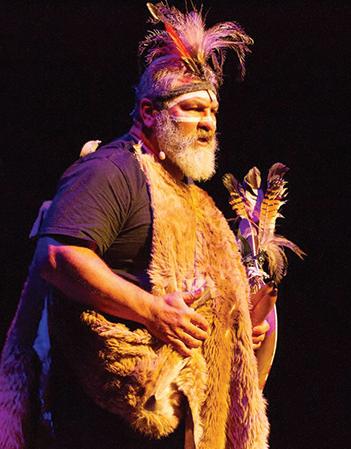

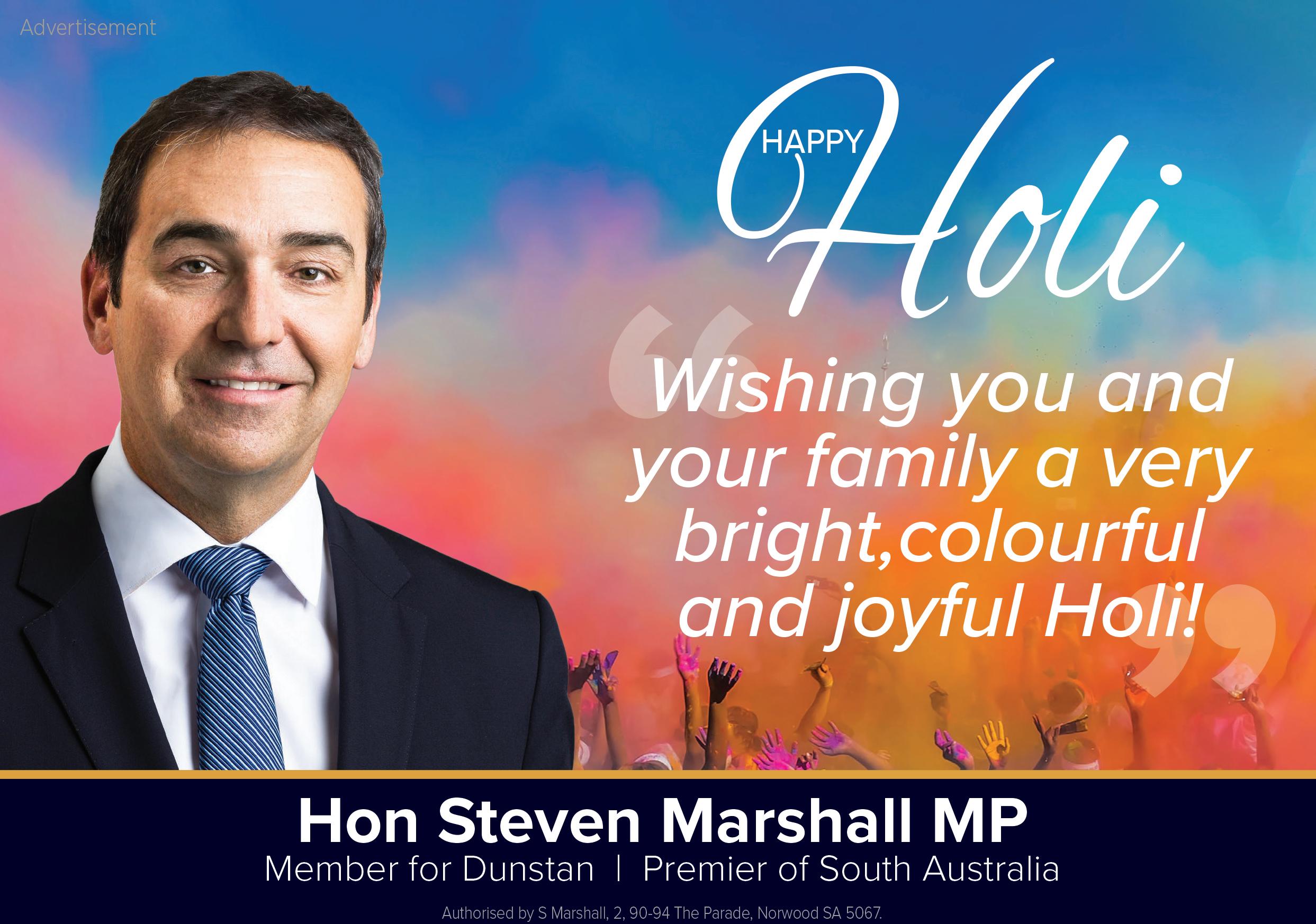

Women’s Day celebrations by BAPS
Monica Sharma Daljeet Bakshi
BAPS Swaminarayan Sanstha organised international women’s day event at BAPS Shri Swaminarayan Mandir in Adelaide on March 20 in which women from different fields participated. Women speakers talked about the topic of the day Forgiveness- The virtue of women.
Special Prayers and a small skit was also presented on the theme.
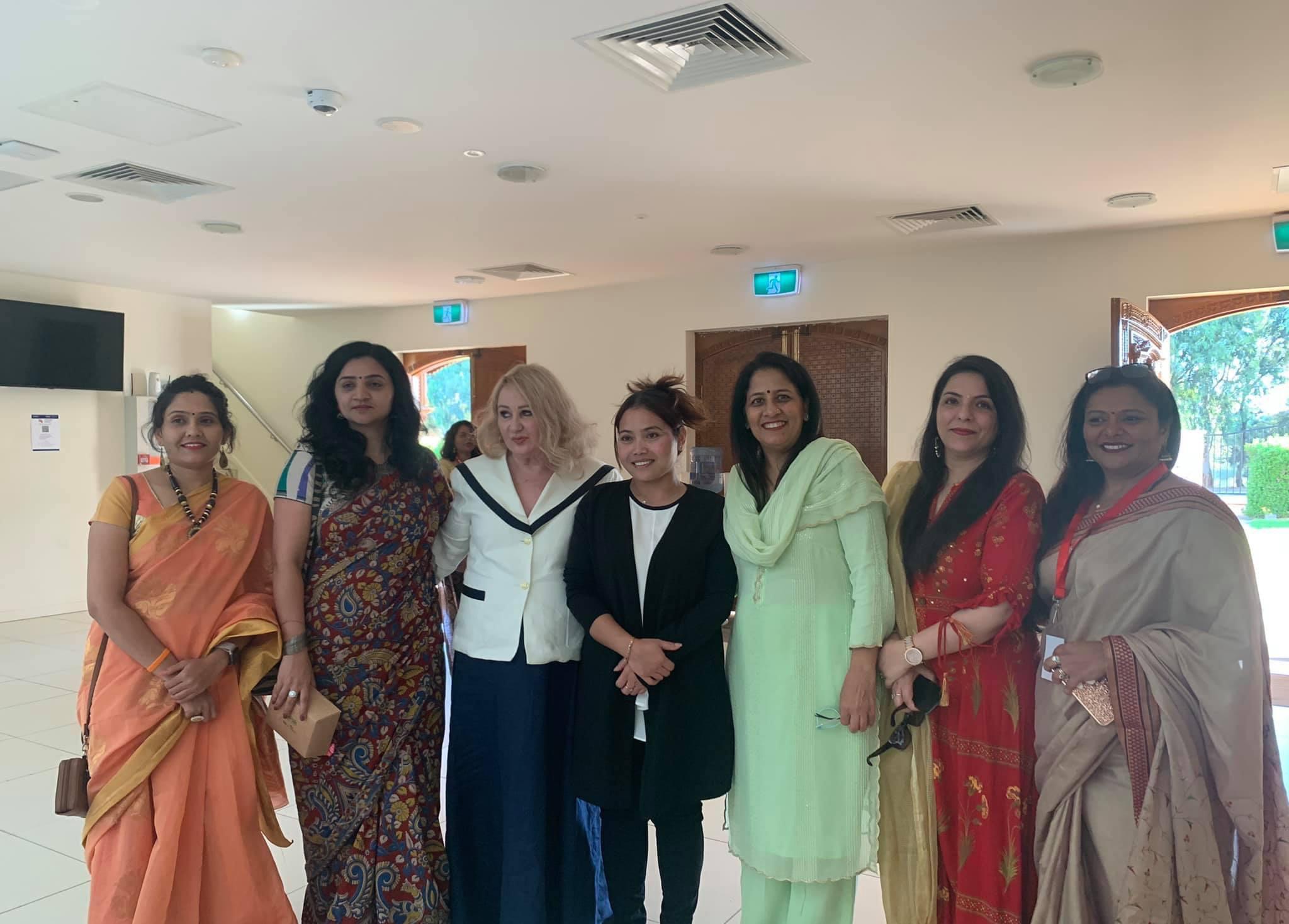
Mayor Gillian Aldridge OAM
organised special event at the Salisbury Community hub, to celebrate the International Women’s Day
The theme for the celebrations was “Choose To Challenge – a challenged world is an alert world”. The event was a tribute to 100 years of service to Australia by the Royal Australia Air Force.
The mayor said the theme was to encourage each one of us to remember that “Individually, we’re all responsible for our own thoughts and actions - all day, every day.”
Mayor in her speech said “ Every baby that is born regardless of gender deserves to grow up in a society where everyone enjoys the same opportunities the same rights and the same obligations.”
She added “Believe in yourself and tell yourself how awesome you are and You will become what you believe,”
As part of the celebrations Wing Commander Maria Jovanovich, Flight Lieutenant Sarah McLaren and Leading Aircraft woman Mikaela Sim shared their stories inspiring other women.





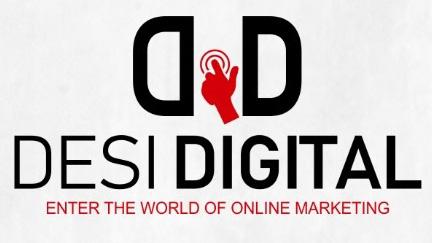

Melbourne Women celebrated IWD 2021





A celebration of Womanhood

Daljeet Bakshi
Every day is a special day, still in a calendar year there are few days which are specially marked and one of them is International Women’s Day , a day full of celebrations of womanhood .
Melbourne women celebrated International Women’s day with high spirits over a drinks / dance & dinner function hosted by Nancy Gupta and Manpreet Walia.
The event highlights were unique titles that were offered to women to feel empowered as well as be proud of the uniqueness they always took for granted. The Gala event witnessed participation of around 200+ women with one theme and chose to challenge to empower each other ,be there for each other.
Reetu Sethi, a Melbourne woman who lost her parents at young age back in India arrived to Australia on her own and chose to remain unmarried with no kids, was awarded WOMAN OF THE YEAR as she was fighting all odds and stood strong all these years of life. Also present was Jasbir Kaur, a 58 year old retired principal from india who lost her husband in early life and is now a permanent resident of Australia, studying certificate II in English and aspire to be a VCAL teacher in Australia. She was awarded the SPIRIT OF WOMAN.
The event saw enormous support from men and women alike in business and services. The celebrations rolled up with 50+ dishes on menu at Santuaty Lakes Hotel , and 272+ gifts distributed amongst all present finished off with high intensity music by DJ ASH.
The memories beautifully captured for life By Kulbir Cam from Cam Studio saved the event as one of the highest rated women celebrations in the recent past.
Until next the hosts Nancy Gupta & Manpreet Walia wish everyone that everyday is a women’s day and own it like a rockstar.
The event was successful and remarkably executed in an efficient professional way.
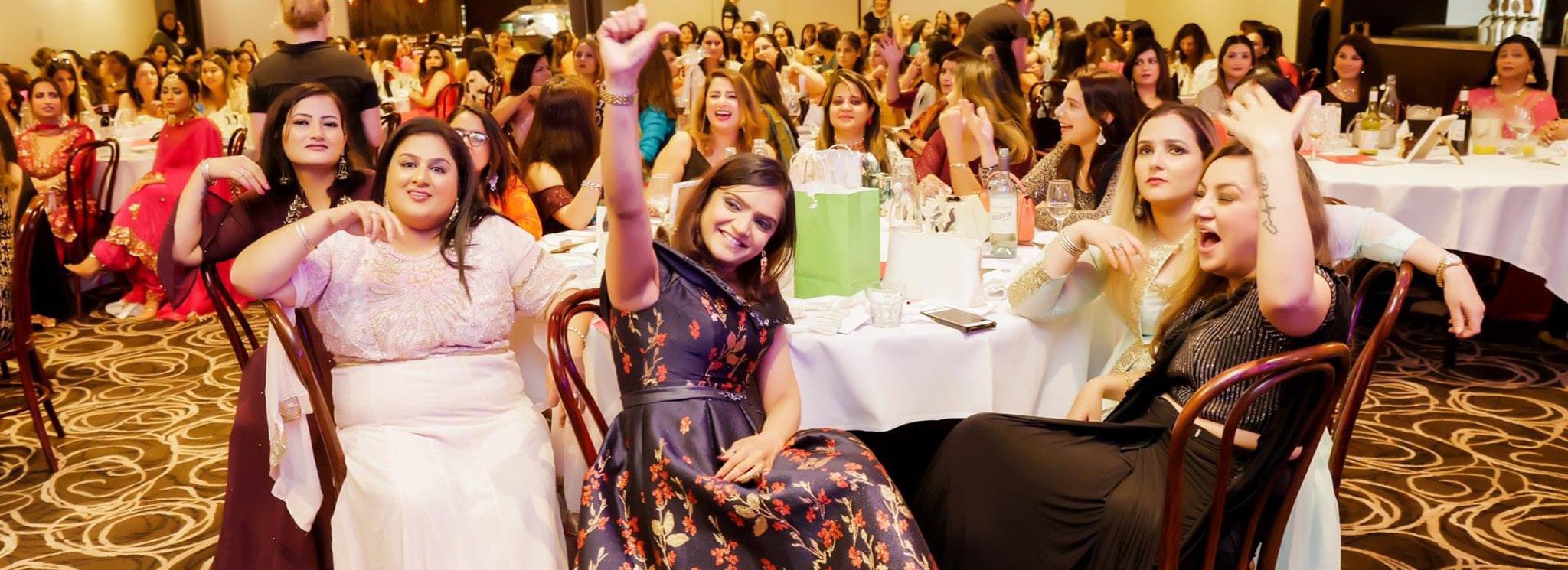
No Place Like Home
“The achievements of exile are permanently undermined by the loss of something left behind forever”. Zia Haider Rehman
By Ravinder Kaur Bali
The poignant words above, from In the Light of What We Know rightly echo the experience of most migrants; for at heart, exiles are us. Uprooted from the motherland, either through our own decision to experience life elsewhere, or by the religious/social/political upheavals in that same motherland, for most of us, there is no going back. Over time, what was left behind grows a halo and a rosy tint, and the longer the exile, the deeper the tugging at the heart-strings.
The question that we inevitably face is: how do we reconcile this heart-ache with our desire to seek the best for ourselves and our children? An obvious answer is to be found in new friendships and in community. We are inevitably drawn to those from our own communities, and for most Indians, our places of worship become the focal points of our lives, much for extending the fragile hold on what we lost, as for anchoring us in our new surrounds. Building new friendships and social connections provides much of the cohesion desperately needed to ease the uncertainty in the early days of finding our feet, be it finding jobs, settling the kids, or enrolling in courses to up-skill ourselves. These new ‘early days’ friendships go a long way towards lifelong relationships that establish us socially.
And yet, even 20-30 years after migrating, there are those who say they feel rudderless and lost. This disenchantment can afflict anyone, though it is more apparent in those who migrate in their fifties, at the peak of their careers in their homeland. Sadly, this leads further into isolation that thwarts the very community-based support that is available and can help overcome it.
A very simple solution may lie in a single word. Give. I am reminded of my own father who spoke from personal experience when he insisted that one can truly belong to a place and its people only when one learns to give. Find something that moves you, he said, makes you weep with the sheer beauty of it, and give. Does not matter what you give; time, effort, money, advice, even a shoulder for someone to cry on; give, and you will belong, no matter where you are.
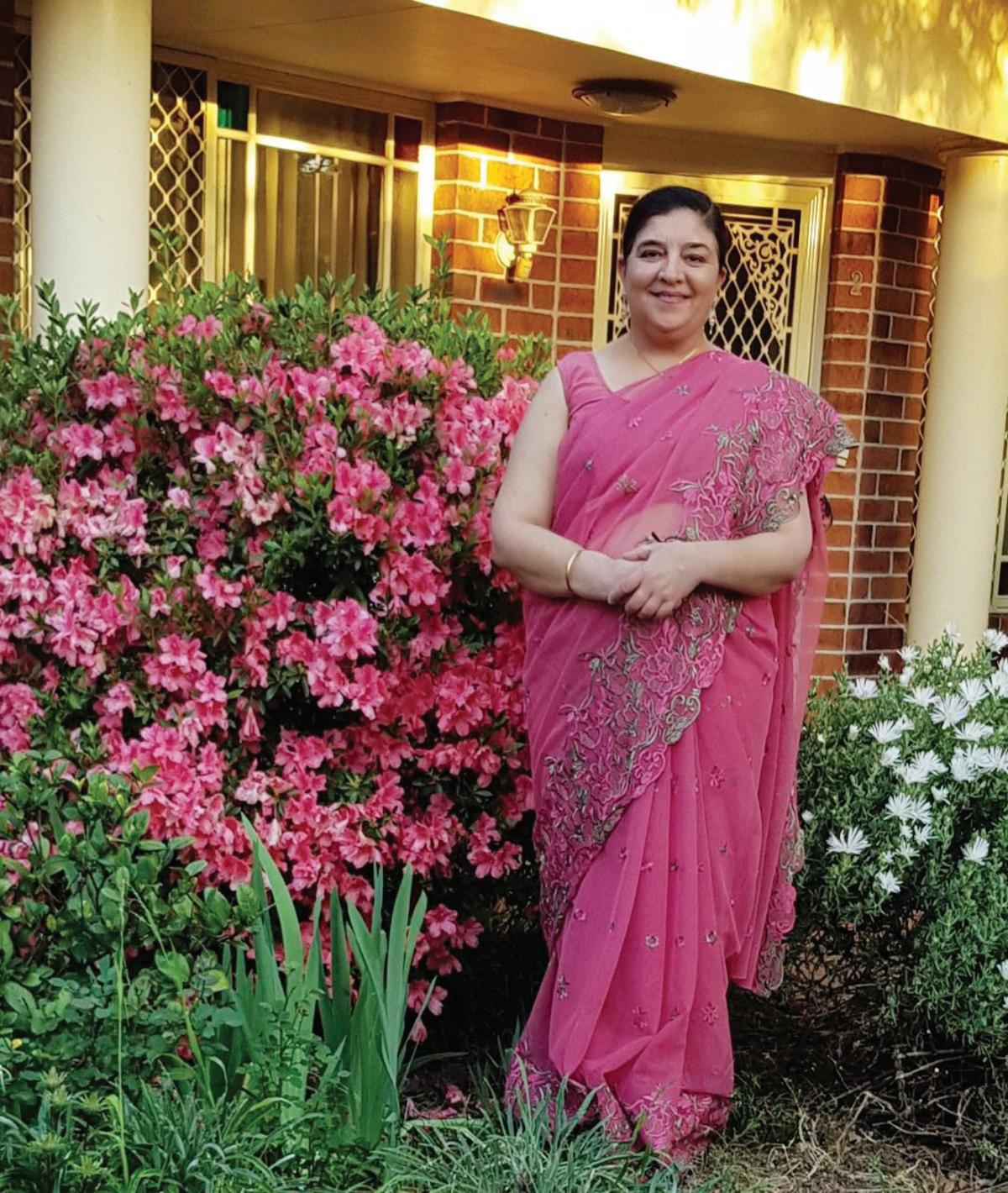
Yes, that does hold true: anywhere in the world. A world more fractured now, where we are increasingly more isolated while being more connected. Perhaps, we needed the tragedy of a pandemic to remind us that ‘we are all in this together’. That this planet is home, and we all global citizens, even if only Pico Iyer confesses to being one. And we will be more so when we are pandemic-free, having learnt that isolation is so the sick may heal, and for the healthy to be able to help. That we need to give, and to share, including toilet paper among citizens and vaccines among countries. One sure way to restore our ‘sense of belonging’.

The World Economic Forum’s Study on the Future of Jobs: Is Technological Innovation a benefit or a concern?
By Santhoshi Machanagari
The COVID – 19 Pandemic has affected humankind in many ways from lockdowns to creating a highly uncertain outlook for the labour markets. In addition to this, Artificial Intelligence, Robotic Process Automations (RPAs) and the Internet of Things are creating further panic among many of us who are concerned about our existing jobs and skillsets. To address these concerns, a number of research companies are publishing Reports by aggregating the views of business leaders – Chief Executives, Chief Strategy Officers and Human Resource Professionals. Mckinsey and Company published a Report in March 2019 on ‘Australia’s automation opportunity – Reigniting productivity and inclusive income growth’ addressing the impact of automation on the existing workforce.
https://www.mckinsey.com/featuredinsights/future-of-work/australias-automation-opportunity-reigniting-productivity-and-inclusive-income-growth
Recently in October 2020 the World Economic Forum published “The Future of Jobs” shedding light on

https://www.weforum.org/reports/thefuture-of-jobs-report-2020
1) The pandemic-related disruptions thus far in 2020, contextualised within a longer history of economic cycles, and 2) The expected outlook for technology adoption jobs and skills in the next five years. For this article, I would like to highlight the summary of ‘the Future of jobs” and what it means to Australia’s workforce.
As per this Report, the Australian working age population is 17.3m i.e. 68% of the total population of Australia (25.6m).
The above chart shows that 97% of the surveyed companies are willing to adopt Artificial Intelligence, 94% for internet of things and so on. Only 58% of the companies are interested in 3D and 4D printing and modelling.
The Report also highlights the jobs that are emerging and those made redundant in the next five years.
The top 10 emerging jobs in order:
1. AI and Machine Learning specialists 2. Data Analysts and Scientists, 3. Information Security Analysists, 4. Big Data Specialists, 5. Process Automation Specialists, 6. Digital Transformation Specialists, 7. Remote Sensing Scientists and Technologists, 8. Organisational Development Specialists, 9. Mechanical Engineers and 10. Internet of Things Specialists rank the last emerging jobs.
On the other hand, the jobs that are going to be redundant (in order) are:
1. Data Entry Clerks 2. Administrative and Executive Secretaries,
3. Accounting, Bookkeeping and Administration Managers, 4. Business Services and Administration
Managers 5. General and Operations Managers, 6. Assembly and Factory Workers, 7. Credit and Loans Officers, 8. Client Information and Customer Service Workers 9. Accountants and Auditors and 10. Cashiers and Ticket Clerks.
IS IT A CONCERN OR A BENEFIT?
From the employer’s point of view, the displacement of jobs through technological innovation is an economic benefit because replacing humans by Robots reduces overhead charges. For customers, it offers more choices at reasonable prices. And is also a great opportunity for young graduates to learn new technologies to increase their employability in the market. What do you think the major concern would be?
The above mentioned redundant jobs list creates mild panic in the hearts of those professionals who are already in that field. I am one of them who falls under the category of Accountants and Auditors. However, I do not consider this as a threat. Let me explain why:
Five years ago, I was working as a Budget Accountant for one of the large Health Organisations. My colleague Subra who worked with me had more than 25 years of experience as a Senior Accountant in Australia. As a curious Budget Accountant, I asked him one day “Subra, what was your role as an Accountant before the evolution of computers?” He said to me that they used to write cheques, prepare ledger, Profit and Loss and Balance Sheet Accounts using pen and paper. It was a time consuming process. One mistake during the process would take number of hours to fix. Since the inception of computer technology, salient information has been transferred onto computers. Even though the computers did not have adequate applications to integrate all processes within the System, they made the Accountants job a little easier. Later, integrated system applications were developed. The Accountant’s role was to enter the details into one system and through an integration process, the profit and loss account and balance sheets were generated automatically. I remember in my early days of Accounting 16 years ago, that the Accountants role was only to upload journals, analyse the data and submit the Reports to senior management on a monthly basis . During the last 5 years, this scenario has changed. Now the Accountant’s role has changed into a Finance Business Partner role. The systems perform all data entry, upload and generate Reports. Now the Accountant’s role is to analyse the data and provide professional advice to the management that aids in their decision-making processes.
If you meticulously analyse an Accountant’s role. The role has changed from merely a clerk to a partnering role where decisions are made. During this process, the Accountant has learned number of new skills such as adapting to the new technological, analytical, negotiation and communication skills. These all helped the role to perform the job more efficiently and effectively. This has further aided to educate a number of stakeholders on various financial aspects/issues of the organisation.
How hard is to adopt to new technologies?
A decade ago, we did not have smart phones. Think! How hard was it for you to adapt to that new phone? This answer indicates how good you are at adopting new technologies. Now after a decade, 80% of the population in Australia uses smart phones. People still queue up to buy the newest version of smart phones and gadgets. Considering the change in technology, companies also have plans for educating the staff to their standards. As per the World Economic Forum Report, the surveyed companies said 44.6% of them provide internal learning and development. Now you know what to ask for when you are joining the new company. 30% of training is through public educational institutions and private training providers and the remaining 30% from external, public and private training institutions.
The good news is 97% of the companies said they retain existing employees with only 48% looking to outsource some business functions to external contractors.
In addition to my story of transformation of the Clerical role into a business advisor role, there are many new jobs created in the last decade. Some of them are Cyber Security professionals, social media managers, Data Scientists and Software trainers. The Report says Employers expect that by 2025, the increase in redundant roles will decline from 15.4% of the workforce to 9% (6.4% decline), and that emerging professions will grow from 7.8% to 13.5% (5.7% growth) of the total employee base of company respondents. Based on these figures, the World Economic Forum estimates 85 million jobs may be displaced by a shift in the division of labour between human and machines, while 97 million new roles may emerge that are more adapted to the new division of labour between humans, machines and algorithms.
Filling the newly created jobs may be challenging for some countries. This is due to lack of relevant skills required for the positions. From the Report, emerging job roles require emerging skills as a package. It seems hard to fill this gap. This can be improved through educating the younger generation with the skills required and teaching them the new technologies.
As per World Economic Forum, companies estimate that 40% of workers will require reskilling of six months or less and 94% of business leaders report that they expect employees to pick up new skills on the job, as sharp increase from 65% in 2018.
Some types of skill keep you in demand
irrespective of what specialisation you have chosen. These are called soft skills and can be developed over the time. The Report identified the top 15 skills that it claims s makes you ‘stand out’ along with your technological skills. 1. Analytical thinking and innovation 2. Active learning and learning strategies 3. Critical thinking and analysis 4. Leadership and social influence 5. Technology use, monitoring and control 6. Emotional intelligence 7. Complex problem-solving 8. Resilience, stress tolerance and flexibility 9. Creativity, originality and initiative 10. Technology design and programming 11. Systems analysis and evaluation 12. Service orientation 13. Reasoning, problem-solving and ideation 14. Quality control and safety awareness 15. Troubleshooting
What is the best solution to cope up with this situation?
Constant upskilling is the new normal for anyone hoping to stay relevant in an increasingly mechanised world. As the HAYS recruitment agency’s survey of 951 employers found, 77% are more likely to shortlist a qualified candidate who upskills regularly. Experts have given 6 ways to take charge of your own development and stay employable.
https://www.hays.com.au/careeradvice/upskilling/7-ways-to-upskill
Find a mentor: A good mentor is someone who helps you to grow in the right direction. A number of people fall into the trap of ‘self-doubt’ and find it hard to see the future of theircareer especially when it relates to new technology and systems. Mentors experienced in the similar field can see more than a mentee can see. This helps to guide the mentee in the right direction. I saw more clarity in my professional future with the help of my mentors.
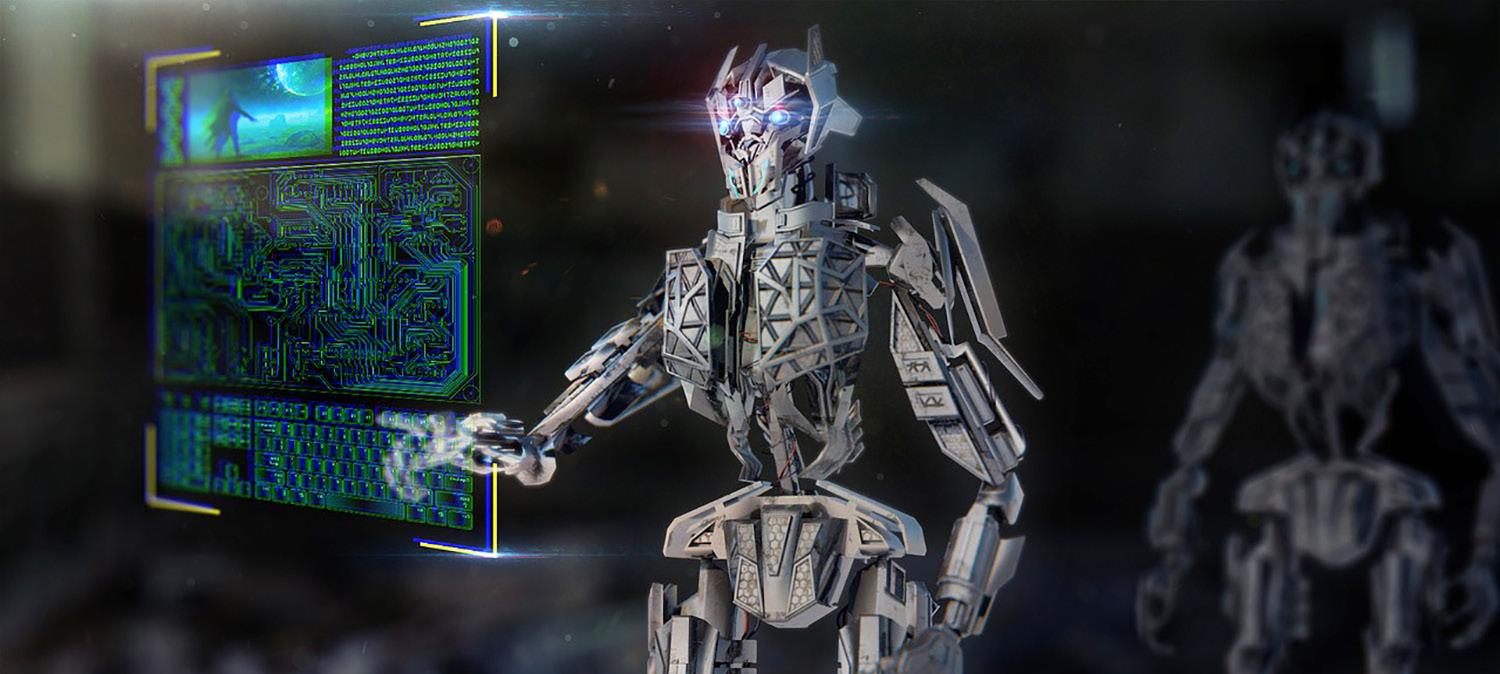
Attend events: Networking events and professional seminars provide insights from the experts in the field. Join a professional association such as CPA Australia for Accountants, Engineers Australia for Engineers or Australian Computer Society for Computer Engineers. These professional organisations hold networking events and seminars and provide updates about the profession on regular basis.
Stay tuned in: Follow industry leaders and thought leaders via LinkedIn, YouTube feeds, TED talks and social media. And listen to Podcasts offered by experts in the field.
Learn at work: Some organisations offer free in-house courses relevant to your profession. Avail yourself of them and update yourself. These courses generally reflect the skills an organisation wants its workforce to develop. So, acquiring skills and knowledge this way is not only free but also could raise your standing at work.
Peer to peer learning is a great way to learn a skill that you want to develop. This can also help you to learn the skills required for your job. A number of Accountants/Auditors work on Excel for various data analysis. If any of your colleagues have expertise in MS Excel, you can also suggest to your manager that they organise a learning session with him/her during a lunchtime talk.
Employer supported external study:
Some organisations support tertiary, professional and university studies. If your company has an open policy to support everyone within the organisation, you would be wise to avail yourself of the opportunity to add a course that is relevant to your profession. Otherwise you must be able to explain how what you will learn benefit the team or the company.
Join relevant clubs: Emerging skills have now become an essential. The skills such as communication, negotiation and problem-solving take time to develop. Joining a club such as Toastmasters or Rostrum club would assist you to learn in a stress free environment before transferring them into a workplace.
https://www.desiaustralia.com/ how-to-improve-communicationskills-organically-the-best-places-toconsider/
The Report by the World Economic Forum has given a great insight on how the jobs are moving from human based to machine based. This highlights a need for us to be ever ready to mould ourselves to the future needs of our employers. As we can see, this can be managed with constant learning and upskilling of ourselves.
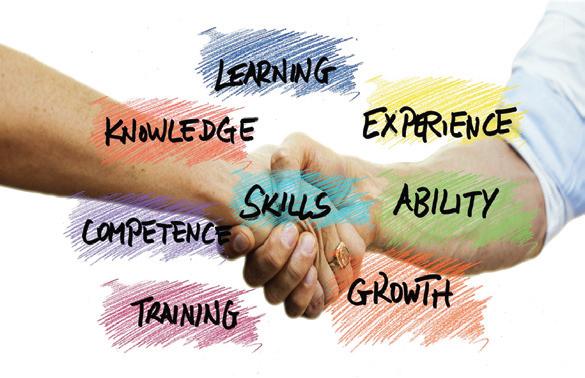
Bandaged Bear Appeal
Calls for Your Help for Sick Kids
Every sick and injured child, no matter who they are, where they are or their condition, deserves the best care possible.
In March 2021, Sydney Children’s Hospitals Foundation’s Bandaged Bear Appeal is raising vital funds for The Children’s Hospital at Westmead so doctors and nurses can continue to provide the best possible care for sick kids like eight-year-old Vishwa.
Born with kidney disease and growing up on the wards of the Hospital, Vishwa spent the first four years of her life receiving dialysis in the hospital, four days a week, five hours at a time. This bubbly young girl has practiced the art of distraction time and time again through her love of Barbie dolls in tough moments and has developed strong resilience at a very young age.
This March, the Bandaged Bear Appeal is hoping to raise more than $1 million, which will go towards funding the very latest medical equipment, lifesaving research and essential services for the 87,000 sick kids that visit the Hospital each year. The Appeal relies on the help of the community to reach this mark.
As an official launch of the month-long Bandaged Bear Appeal, Bandaged Bear Day was held on Friday, 26 February. Volunteers were out and about to sell Bandaged Bear merchandise at train stations and selected landmarks across Sydney.
But that’s not the only time that people can get involved. Throughout the month of March people can also:
Buy our Bandaged Bear Appeal merchandise online: In addition to plush bears, key rings, pens, and pins, this year’s range has expanded to include bear socks and rulers.
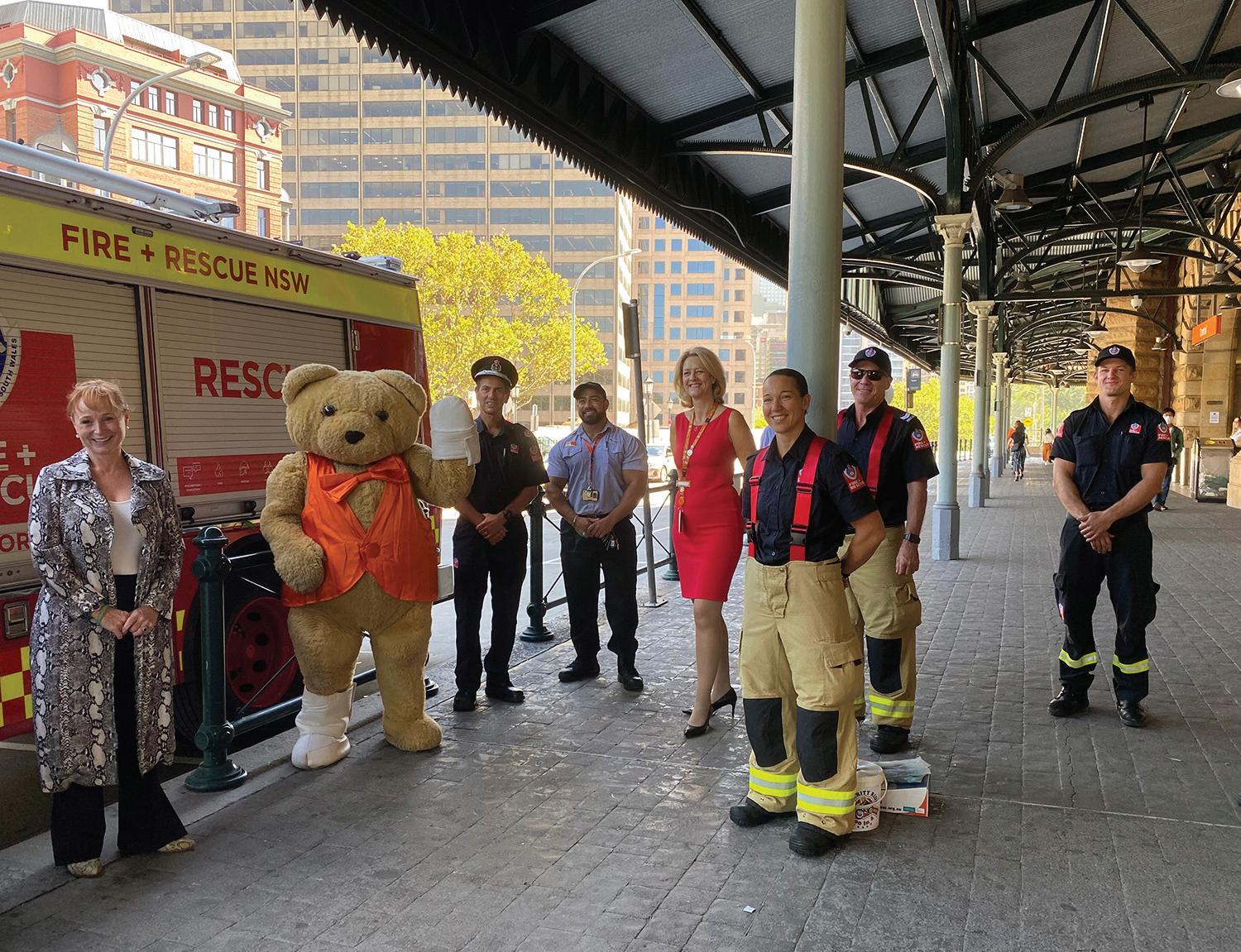

Donate online or by phone: bandagedbear.org.au or call 1800 770 122.
Fundraise in your school, work or community – hold an event like a Teddy Bear’s picnic, morning tea or mufti day.
Sell for sick kids: We have a suite of amazing and fun merchandise for your school to sell to help sick kids. From rulers to socks, bear key rings to pens, it’s the perfect way to support sick kids.
The Bandaged Bear Appeal has been raising funds for sick kids for more than 30 years.
Do your bit in 2021 to give childhood back to sick kids and raise funds for The Children’s Hospital at Westmead. Visit www.bandagedbear.org.au for more information or to make a donation.


Sydney’s own King of Tabla
Cultivating the love for Indian classical music amongst the next generation
By: Sheila Dhillon
Modestly and humbly touching the hearts of music lovers in Sydney is one of the world’s most accomplished tabla players and vocalists, Aman Pal.
Aman arrived in Australia just three years ago and has since been spreading his love for music. He is now on a mission to ensure the forgotten tunes of yesteryears, classical ragas and ghazals are shared with our next generation.
“One of the best ways to inculcate our deep-rooted culture in the younger generation here in Australia is by sharing the love of Indian classical music and its rich history.
My aim is to identify budding artists and provide them with a platform from
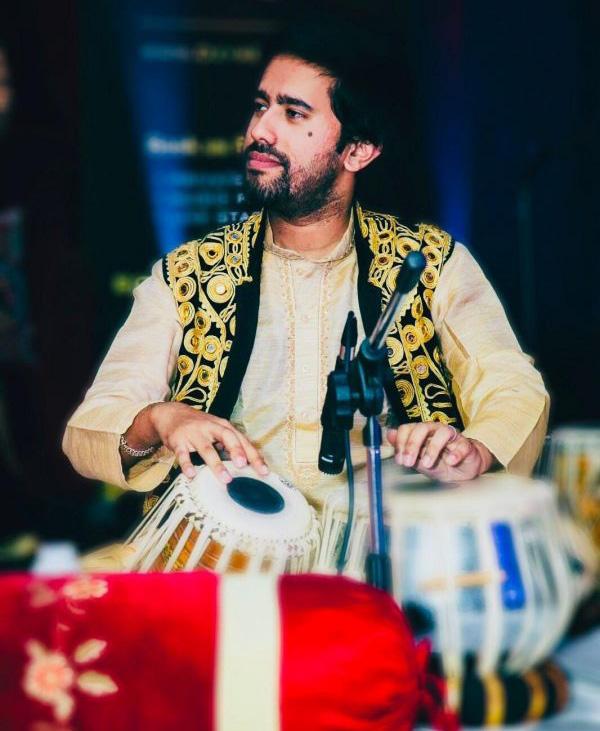
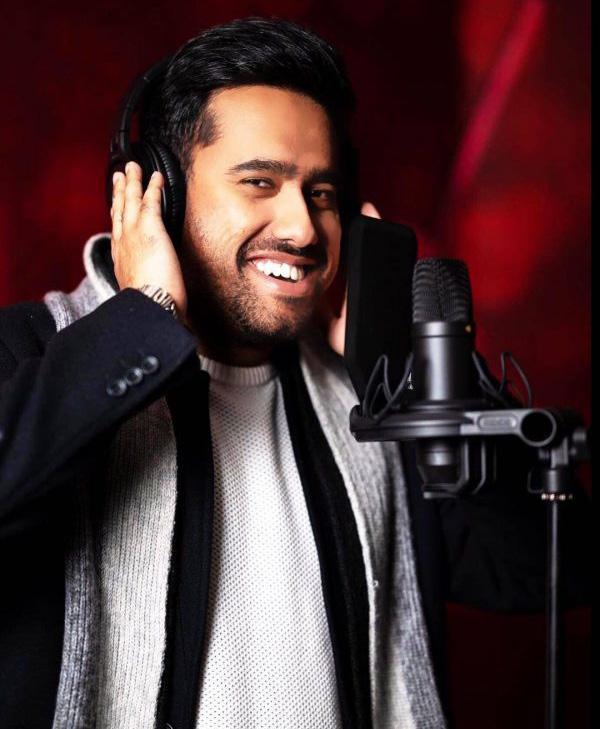
which they can flourish and grow,” said Aman Pal. distinctive musical techniques is second to none.
“What I love about meeting new artists and talent is how much I am able to learn from them and expand on my own knowledge. The exchange of ideas we enjoy opens up more possibilities and helps us all become even more creative in our music expression.”
Born and raised in London, Aman’s command in ragas, melodic structures, rhythmic disciplines and mastery of
In addition to being an amazing percussionist, Aman is blessed with a soulful voice that is versatile enough to bring out the best in everything from ghazals and
songs dating back to the 60’s, all the way to the latest trendy releases and Indo western fusion tunes.
“I was fortunate that I was born into a musical family and grew up in an environment where we were surrounded










